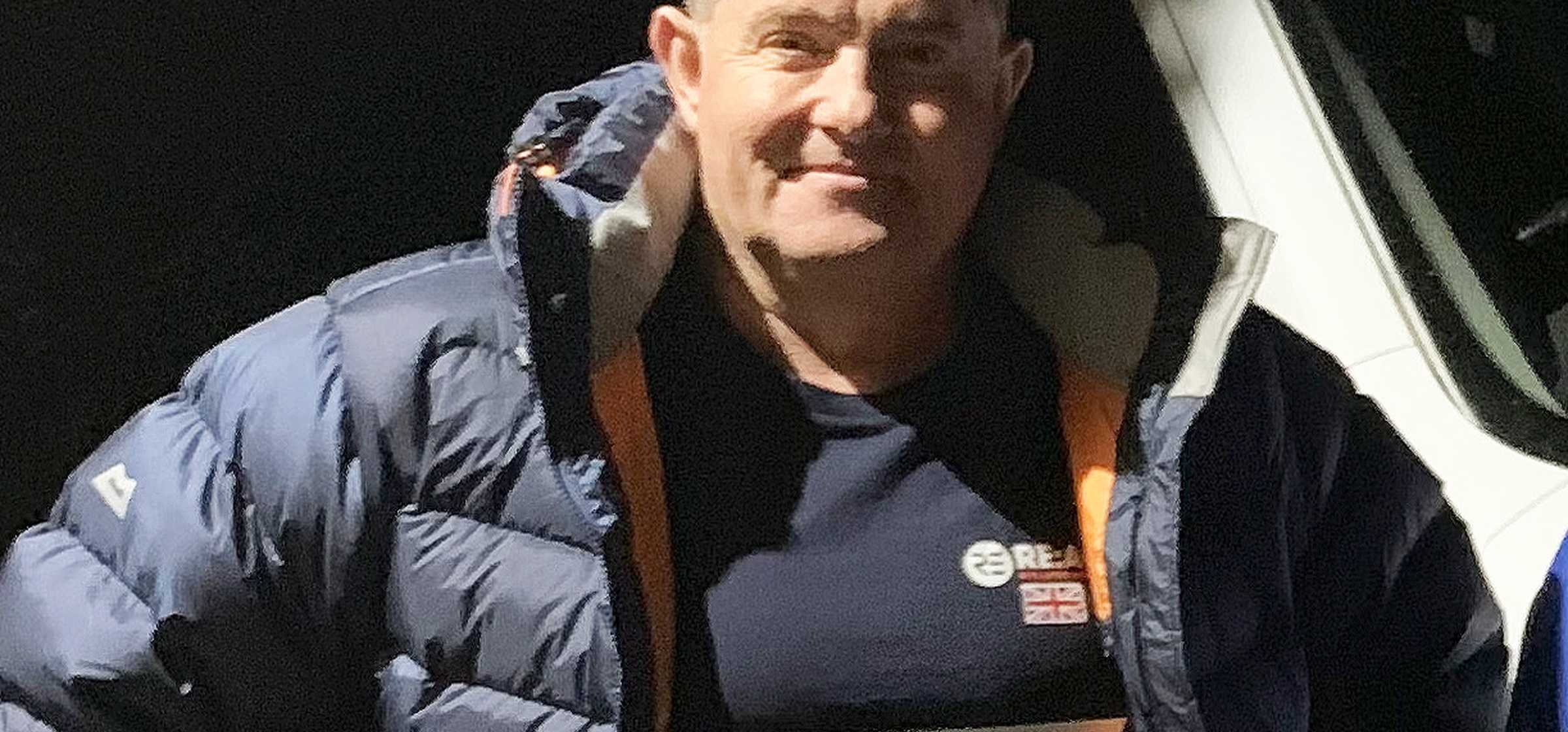Reflecting on Ukraine

Posted by Gordon Mackenzie 10th March 2022 RE:flections
Estimated Reading Time: 3 mins
With more than two million Ukrainians having already fled their war-torn towns and cities to seek refuge in neighbouring countries, the humanitarian crisis is worsening by the day.
To assess exactly what RE:ACT can do to assist this multi-national relief effort, we have deployed a small reconnaissance team, International Operations Manager, Paul Taylor and Gordon Mackenzie.
Gordon is a Former Royal Marine Officer and has also worked in the NHS. For many years, he worked in the field of leadership development, crisis and emergency management, training leaders in the nuclear and O&G industries, the emergency services and government sector in responding to and managing emergencies. Now, he is a RE:ACT International Responder and we are honoured.
Reflections of an International Responder from the Ukrainian War Zone
It must be something about the month of March. This time last year I was leading a proning team in a critical care unit for RE:ACT. The year before, I was Regional Representative covering the South East as we mobilised in response to the COVID pandemic.
Now I find myself accompanying Paul Taylor on a recce of Ukrainian border crossing points, on behalf of RE:ACT. The deployment was named rather appropriately Operation Pace. ‘Pace’ is Romanian for peace and reflective of the speed with which we are able to respond as a small and agile organisation.
The plan was firstly to visit Romania to assess the humanitarian needs and provide situational awareness for a potential disaster response operation.
First though, before travelling, I went to the Chilmark HQ for a briefing and mission specific training (MST). Then it was off to Luton Airport, where I slept in the terminal, ready for an early flight to Suceava in northern Romania.
On arrival we collected a hire car and picked up Vera - a 70-year-old Ukrainian grandmother who we’d met when disembarking the plane. She was returning to her homeland from Suffolk to look after her grandchildren and enable their parents to join the fight. What an incredible act of love, and one I hope we would all make for our children.
The first Border Control Post (BCP) was just 27 miles to the north at Siret. We were there within two hours, had found transport for Vera; walked the three miles to the actual BCP and crossed over into Ukraine to assess the waiting times and facilities on either side.
Over the following days, as the situation in Ukraine deteriorated, we established a clear picture of all the BCPs into northern Romania and Moldova as far as Otaci, in the Moldovan north east. Often, we found ourselves in the same queues at the border as the refugees and experiences some of the lengthy delays these poor people faced.
For example, we had to wait six hours to get back into Romania from Moldova. This was our longest day, when we ended up spending 21 hours behind the wheel on very poor roads with barren steppes and little in the way of settlements.
Wherever we went, we were so impressed with the hospitality and response of the Romanian people. Whether it was those working as volunteers, in the emergency services, or customs. It was truly beyond anything we could imagine.
Their friendliness and empathetic response to a traumatised population could not be bettered. It wasn’t pretty but, especially given the limited wealth and resources of the receiving country, it was incredible.
Having established the situation in the north to be under control and being well handled by local charities and volunteers - as well as Romanian Red Cross - we travelled south along the border to Galati.
Here we based ourselves for two days for visits to the BCPs closest to the fighting in southern Ukraine. It is just a five-hour drive from Odessa, the crossing point being a ferry over the Danube and the isolated delta area of the Black Sea.
As I write this, we are preparing to travel to the Polish border via Bucharest to continue our assessment of need and build a full picture of connections and how we can best respond to the unmet needs of the affected population.
As we leave Romania, my abiding memory is of the people who provide a benchmark for humanity.
We travelled miles across bare landscapes with a few isolated communities who clearly had little to give other than their hospitality. Vehicle access across this region was difficult and what infrastructure there was had been lost long ago.
Throughout Moldova and southern Romania. we passed Soviet-era factories long since abandoned, ornate war memorials to those lost in the great patriotic war and gold domed churches. These were the only well-preserved reminders of what is most important to the people of this region who have already sacrificed more than we can imagine, particularly for those of us lucky enough to have been brought up in the UK.
Gordon Mackenzie
